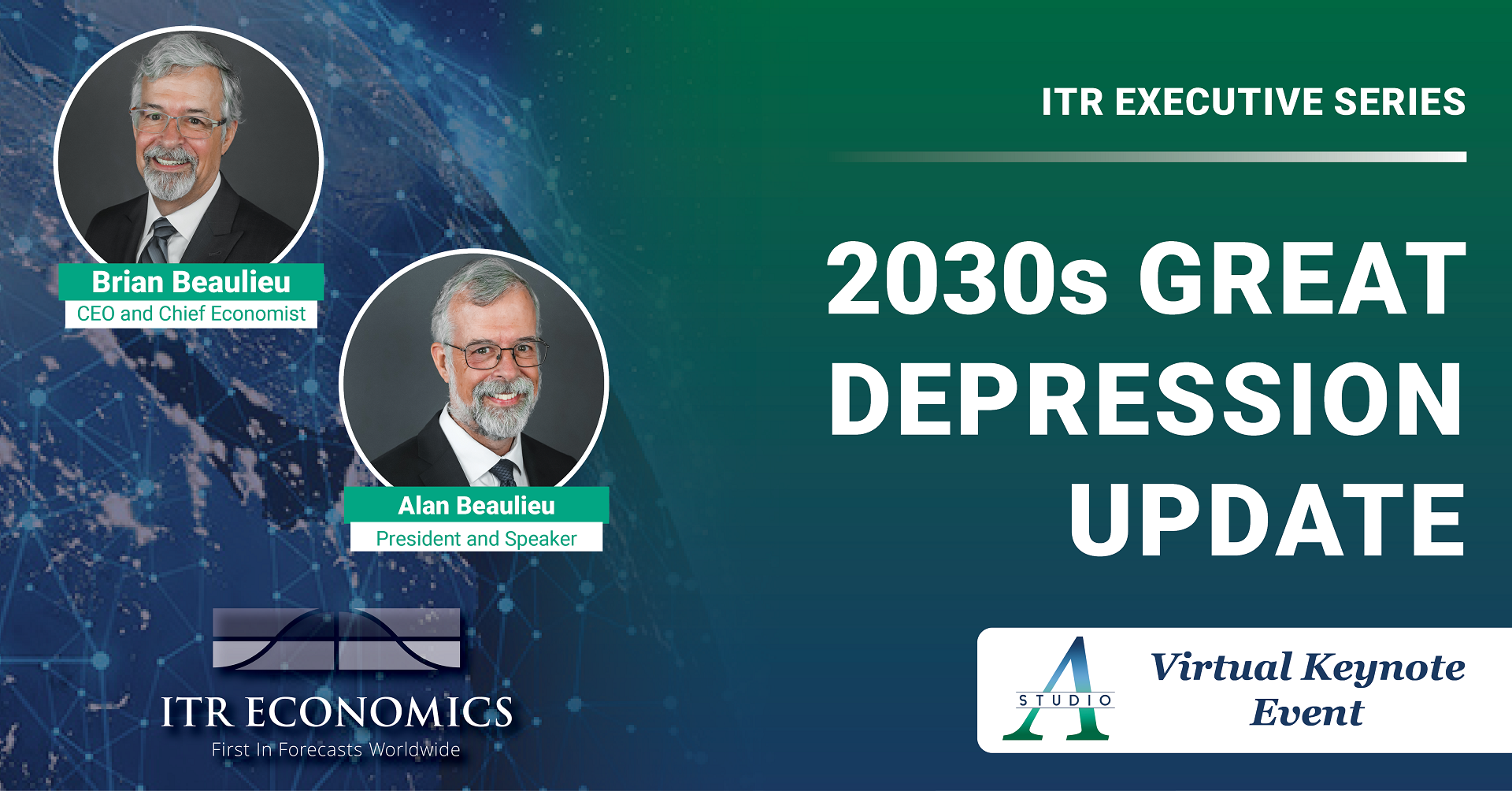When an incoming storm approaches, cattle instinctively run away—which ultimately means they spend more time suffering through the worst of it. The instinct of buffalo is quite the opposite; they charge directly into the storm. By confronting the challenges of the storm head-on, buffalo minimize the time and the degree of discomfort they endure, getting to the other side as quickly as possible. In turn, they are the first to benefit from the feeding opportunities waiting on the other side of the storm.
Businesses that have an embedded in-house Chief Financial Officer understand the pivotal role the CFO plays in proactively preparing the business for, and guiding it through, economic and market storms. By taking decisive, information-based action, the CFO guides the business toward the buffalo approach—proactively navigating the challenges. The goal is to emerge on the other side mostly unscathed or, ideally, in a stronger position as a result.
Three years ago, FocusCFO took that proactive approach by creating our Pandemic Playbook to help guide our small and medium-sized business clients through that unprecedented global health storm. While we are now mostly through that storm, new economic storm clouds are on the horizon. Once again, we are rising to the challenge of guiding our clients through to the other side of any upcoming economic storms.
Forecasting Macroeconomic Storms
The First Storm Front (late 2023 to 2024)
Our friends at ITR Economics—known for their forecast accuracy—have been predicting a macroeconomic recession likely to begin toward the end of 2023 and persist throughout 2024. As many business owners and their CFOs know, the high inflation of the past 24 months is waning. It will likely continue to do so through 2024 as the economy works through the rate-induced recession, however mild or moderate it may be. But that relief will be temporary. ITR Economics forecasts inflation to return in 2025 and be part of the economy through the rest of the decade.
A larger, more impactful storm front is forecasted for the 2030s
What comes next is something that few business owners and leadership teams are focusing on -- and something that most have not experienced before. But all must start to turn their attention towards it. For many years, ITR has been forecasting a MAJOR downturn in the 2030s. The fundamental reasons for this forecast include higher-than-expected inflation, interest rates, and deficit spending, along with shifting demographics, wavering confidence in capital markets, and increasing healthcare costs, to name the major inputs. Dubbed by ITR as 'a second Great Depression', it is forecasted to occur in the 2030s and could last for as long as a decade. And, like the charging buffalo finding feeding opportunities, this decade-long economic event will bring with it tremendous opportunities for businesses that are prepared.
Choosing the Buffalo Approach: 6 Proactive Financial Strategies for Businesses
Informed by insights from ITR Economics’ forecasting prowess, we at FocusCFO will be working with clients to take a proactive stance in preparing for impending economic storms. We will guide these businesses towards the buffalo approach—proactively navigating the challenges and emerging stronger in the face of adversity. While many of these actions will be customized to each client's business, there are core themes that will apply broadly.
Building Resilience and Adaptability: 6 Key Financial Strategies for Businesses
Strategic & Financial Resilience:
Analyze and assess the potential impact of the economic downturn, develop contingency plans, and guide the business in making informed decisions. By optimizing working capital, managing cash flow, and exploring funding options such as debt restructuring or equity partnerships, the CFO ensures the organization is well-prepared to weather economic storms and sustain long-term success.
Agile Adaptability:
Just as buffaloes adapt to changing conditions, the CFO champions agility and adaptability within the organization. They collaborate with other business leaders to optimize existing revenue streams and explore diversification options. By fostering agility and adaptability, the CFO guides the organization in making informed decisions that align with the projected economic landscape.
Financial Forecasting and Scenario Planning:
In times of economic uncertainty, accurate financial forecasting and scenario planning become critical. The CFO takes the lead in analyzing market trends, macroeconomic indicators, and customer behavior to develop realistic projections. By considering various potential scenarios and their impact on the business, the CFO equips the organization with the necessary insights to make agile and informed decisions.
Cost Optimization and Efficiency:
As downturns loom, the CFO spearheads cost optimization initiatives across the organization. They collaborate with department heads to identify areas of inefficiency, streamline operations, and implement cost-saving measures without compromising the long-term growth and sustainability of the business.
Risk Management and Compliance:
During economic downturns, risks amplify. The CFO takes a leading role in assessing and mitigating financial and operational risks. By managing risks effectively, the CFO safeguards the financial health and reputation of the business.
Stakeholder Communication and Relationship Management:
Buffaloes, in their cohesive herds, demonstrate the power of collaboration. The CFO acts as a bridge between the business and its stakeholders, including lenders, investors, and board members. They communicate the organization's financial performance, the impact of the economic downturn, and the measures being taken to navigate through the storm. By fostering transparent and effective stakeholder relationships, the CFO cultivates trust and confidence in the business's ability to weather the economic downturn.
The Role of the CFO in Ensuring Business Resilience
With ITR Economics' forecasts predicting an economic recession taking hold in late 2023 or 2024 and a potential depression in the 2030s, the CFO's role becomes instrumental in guiding businesses towards the buffalo approach of charging into adversity. By anticipating and preparing for forecasted economic storms, strengthening financial resilience, adapting strategies, mitigating risks, and effectively communicating with stakeholders, the CFO empowers the organization to navigate the projected storms with confidence. With the CFO as a strategic partner, businesses can position themselves to withstand economic turbulence, seize opportunities, and emerge stronger—ensuring a brighter future even in the face of challenging times.
On July 27th at 2:30 pm ET, ITR Economics is hosting “2030s Great Depression Update,” an Executive Webinar. The live event takes place on Thursday, July 27 at 2:30 pm ET, and the post-event recording will also be available. Use code FOCUSCFO to receive 10% off when you register.








